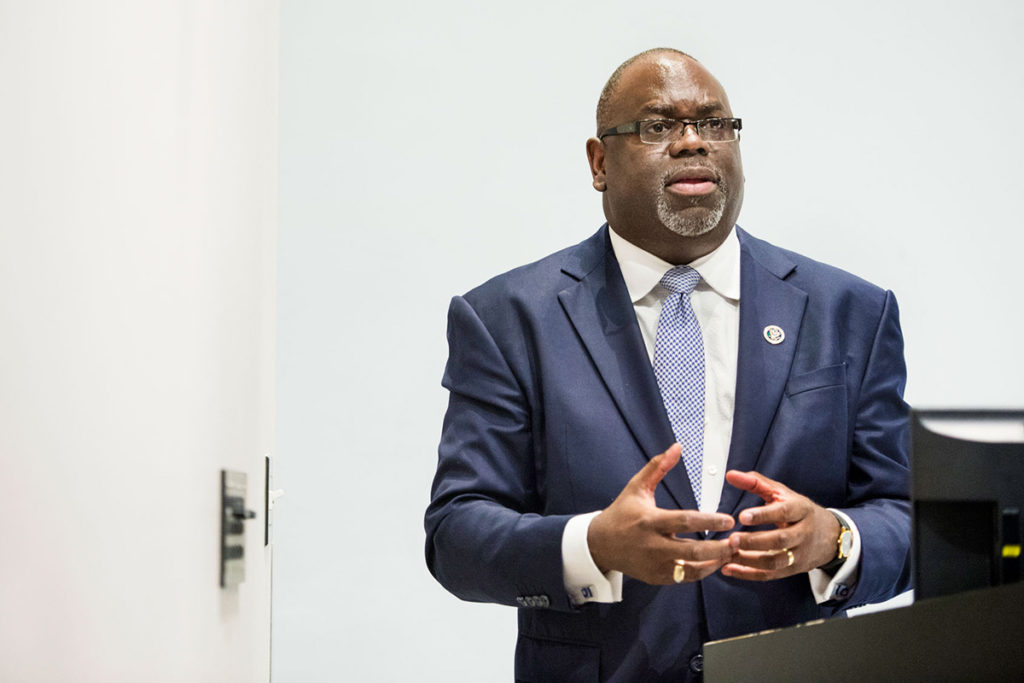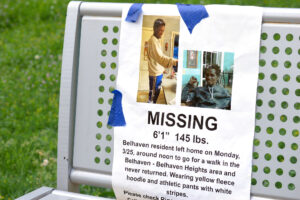A federal judge has dismissed a lawsuit that challenged a 1924 Mississippi law that required naturalized citizens to show proof of citizenship in order to vote. Both the plaintiffs and the defendants, including the Mississippi Secretary of State’s office, asked for the dismissal after the Legislature adopted a new law this spring that addresses concerns immigrant and voting rights groups raised.
Under the 1924 law, naturalized citizens, but not those born in the U.S., had to present proof of citizenship or a certificate of naturalization upon registering to vote. The new law will require the state to use federal and state databases to verify citizenship for new registrants regardless of their background.
“Having gone through the naturalization process and pledged their allegiance to the nation, naturalized citizens deserve better than to be targeted for unequal treatment,” Ezra Rosenberg of the Lawyers’ Committee for Civil Rights Under Law said in a statement Tuesday. “Their patriotism deserves to be honored, not punished. The addition of this new safeguard will help prevent naturalized citizens from being erroneously blocked from registering to vote through no fault of their own.”
Under the new law, Mississippi Secretary of State Michael Watson must confirm that a new voter-registration applicant is an American citizen by cross-referencing two databases: the Mississippi Department of Public Safety’s driver’s license and identification system and the federal Systematic Alien Verification For Entitlements database, also known as SAVE.
Watson’s office already cross-referenced the state database, but not the federal one.The federal lawsuit, which began in 2019, argued that the state DPS database is often out of date and risked removing people from the voter rolls who are citizens now but were not when they obtained their license or ID as non-citizens.
Attorney Rob McDuff of the Mississippi Center For Justice, which was among the groups suing the state, told the Mississippi Free Press earlier this year that requiring the state to also reference the more accurate federal database will help avoid situations where election officials could wrongly strike naturalized citizens from the voter rolls.
“We would prefer that there be no database matching,” he said in yesterday’s statement with plaintiffs MCJ, the Lawyers’ Committee, the Mississippi Immigrants Rights Alliance and the League of Women Voters of Mississippi. “There is no problem in Mississippi with non-citizens trying to vote. But given that the Secretary of State crafted such a database matching program, HB 1510 makes the situation better and decreases the number of erroneous non-matches. The bill also repeals the discriminatory 1924 statute that we challenged.”
Carol Anderson, co-president of the Mississippi League of Women Voters, also said her organization was “pleased this new legislation will remove unnecessary barriers for new citizens.”
Vangela M. Wade, the president and CEO of the Mississippi Center For Justice, said in Tuesday’s statement that “we have a long way to go to fully protect Mississippians’ democratic rights.”
“Today, many Mississippians, particularly people of color, face enormous hurdles to access the ballot box,” she said. “We must continue removing barriers to voting and make access the standard, not the exception.”
U.S. District Court Judge Carlton W. Reeves of the Southern District of Mississippi dismissed the lawsuit on Tuesday.










